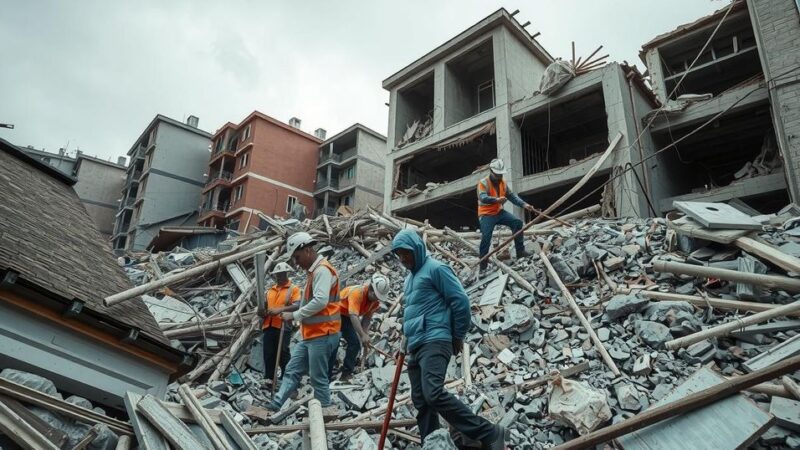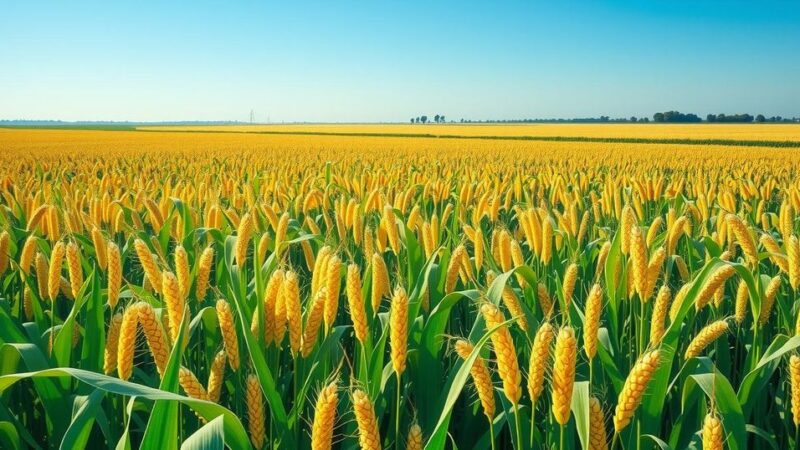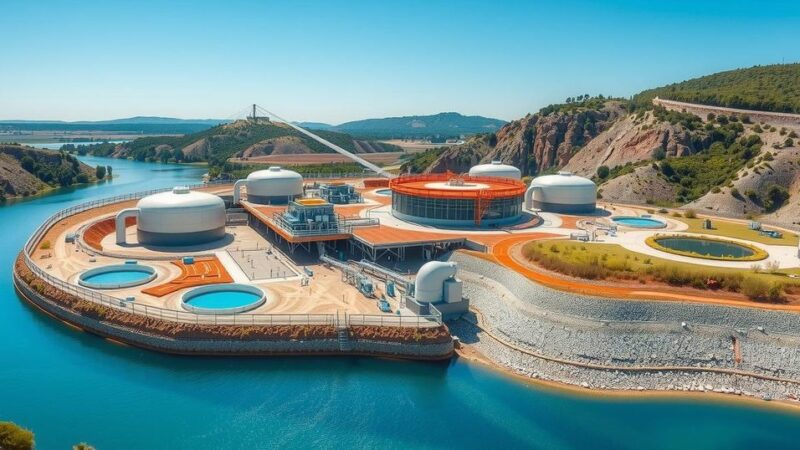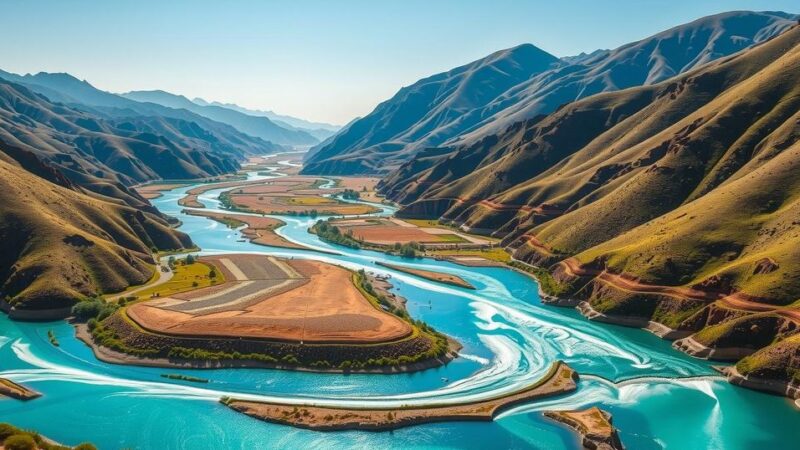The Caspian Sea, shared by several nations, is facing a severe decline in water levels, primarily due to climate change and human activities. Coastal communities in Kazakhstan, particularly around Atyrau, struggle with the consequences, including loss of livelihoods and increasing pollution. Efforts to adapt and mitigate the impacts, such as fostering sturgeon farms and addressing environmental crises, are underway but face significant challenges. President Tokayev has called for the establishment of a research institute to aid in understanding and managing the crisis.
The Caspian Sea, bordered by Russia, Azerbaijan, Iran, Turkmenistan, and Kazakhstan, spans an area comparable to Germany. Since 1995, it has been shrinking, with water levels decreasing by over two meters. Projections indicate a potential 30 percent reduction in surface area by century’s end, primarily driven by climate change and human activities like reservoir construction along the Volga River.
The northern basin of the Caspian Sea, which Kazakhstan and Russia share, is experiencing the most significant impact and may completely vanish in the upcoming decades. This situation presents severe consequences for biodiversity and local coastal communities, which are losing their means of livelihood and facing deteriorating living conditions. In June 2024, French journalist Clément Girardot and photographer Julien Pebrel documented the changing landscape along the Caspian Sea’s coastline in the Atyrau region, showcasing the struggles faced by Kazakh residents.
Atyrau, the largest city near the Caspian Sea with around 350,000 residents, is plagued by severe air pollution due to numerous local industrial facilities. In addition to air quality issues, residents are increasingly worried about the receding sea. Local fisherman Mustafa remarked on the concerning future of the sea, stating, “In ten years, there will be no more Caspian Sea, so what’s the point of talking about it? The level of public communication is almost non-existent.”
Environmental activist and Atyrau Regional Council Deputy Arman Khairullin emphasized that the decline began in the 2000s and worsened significantly after 2015, with the shoreline retreating 30 kilometers. He noted with concern that the drying sea is causing a collapse in biodiversity. The village of Damba, historically reliant on fishing, now faces similar challenges as fish populations dwindle and fishing regulations become stricter.
Meyrambek, a local resident, reflected on the changing occupation landscape. He stated, “Sometimes I fish, but most of the time, I drive a taxi.” The recurring theme among locals is a diminishing engagement in traditional fishing practices as the younger generations seek alternative livelihoods, primarily within the oil sector due to harsh working conditions.
Despite the downturn in fishing, Damba’s population is rising, and new homes are being constructed as individuals seek affordable housing. However, accessing the mouth of the Ural River has become problematic due to a rapidly lowering seabed, compelling the use of excavators to maintain navigation. Khairullin explained, “The goal is to dig a channel 2.5 meters deep and 40 meters wide. Already in winter, the mouth of the Ural River sometimes runs completely dry.”
The International Union for Conservation of Nature recognizes that five out of six sturgeon species in the Caspian are critically endangered. To address this, Berik Akhmetov operates a sturgeon farm near the Ural River, where he is focused on raising fish for both meat and caviar, despite the long maturation period required.
In Zhanbay, a formerly thriving fishing community now 20 kilometers from the water’s edge, mayor Didar Yesmoukhanov noted the drastic economic and social changes brought about by the retreating sea. Camel breeding has emerged as an alternative livelihood, though some residents are abandoning their homes in search of better opportunities. Nurbol, a local, expressed his frustration: “If fishing still existed here, I would have stayed.”
The continued drying of the Caspian Sea threatens millions living along its banks, potentially prompting large-scale migration. Additionally, desertification and frequent sandstorms are further detracting from residents’ quality of life. Local resident Ibragim Bozakhaev voiced his worries regarding the environmental impact, stating that the salty dust negatively affects both their garden and livestock.
The Volga Delta, a vital ecosystem along the border of Kazakhstan and Russia, has also been deeply impacted, with reported mud accumulation blocking canals. Furthermore, increased aridity has led to a rise in wildfires, escalating the threat to local flora and fauna. In neighboring Russia, areas affected by catastrophic fires increased by 34 percent between 2010 and 2020.
Recognizing the urgency of the situation, Kazakh President Kassym-Jomart Tokayev called the situation regarding the Caspian Sea “acute” during a speech in November 2022 and advocated for establishing a research institute dedicated to the Caspian. While the project received official approval in January 2024, the institute has yet to be realized.
In summary, the receding Caspian Sea poses significant challenges for coastal communities in Kazakhstan. The loss of biodiversity, diminishing fishing opportunities, and increasing environmental degradation have severely affected local economies and livelihoods. The establishment of a dedicated research institute to address these pressing concerns is crucial for developing effective mitigation strategies to safeguard the future of the Caspian Sea and the communities that depend on it.
Original Source: www.equaltimes.org






